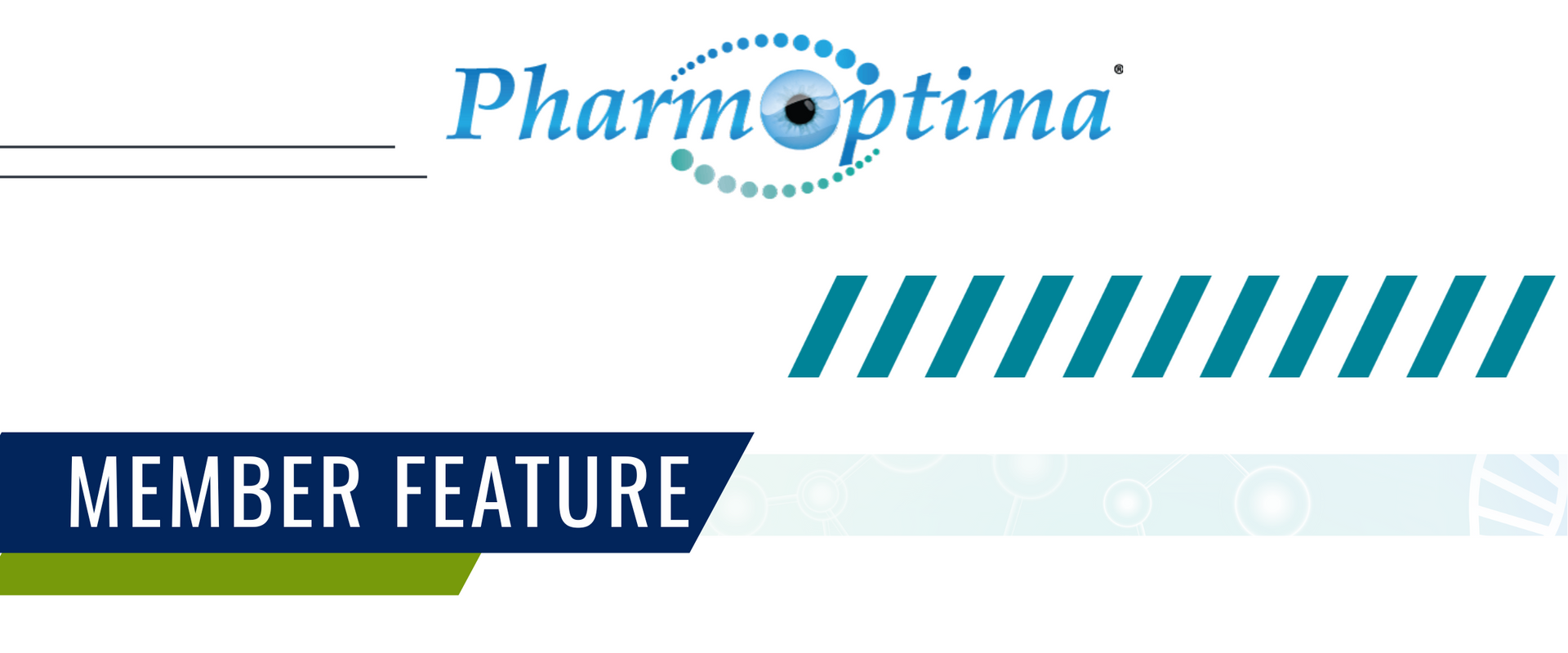Attempts to Regulate Drug Pricing Fail During Legislative Chaos
Drug Pricing Reforms Stalled Amid Legislative Hurdles and Opposition

In an attempt to address high, out-of-pocket drug prices, Democrats attempted to push through several piece of legislation that would have placed burdensome restrictions on drug manufacturers.
One measure, HB 5350, would have required drug manufacturers to provide drug products to contract pharmacies participating in a 340B program without conditions or limitations, and thereby alter a federal program at the state level. SB 1179, a companion bill introduced by Sen. Singh in the lame duck session, was rammed through Committee, despite opposition from MichBio, BIO, PhRMA, and patient groups, and then garnered full Senate passage only to falter in the House due to that chamber’s inaction.
Legislation to establish a Prescription Drug Affordability Program (PDAB), SB 483, passed the Michigan Senate in 2023 and carried over into 2024 where the bill sat in the House. Such a state-run board would be tasked with conducting cost analysis on prescription drugs and then imposing a reimbursement limit (upper payment limit-UPL) on therapies the PDAB determines are unaffordable to the consumer and/or state health care system. Unfortunately, the legislation would not alter out-of-pockets whatsoever and many patient groups, especially those from the rare disease community, were adamantly opposed. MichBio and BIO slowed the bill by convincing a small group of legislators to oppose the measure. It too died in session when the House couldn’t move it forward.
RECENT ARTICLES




